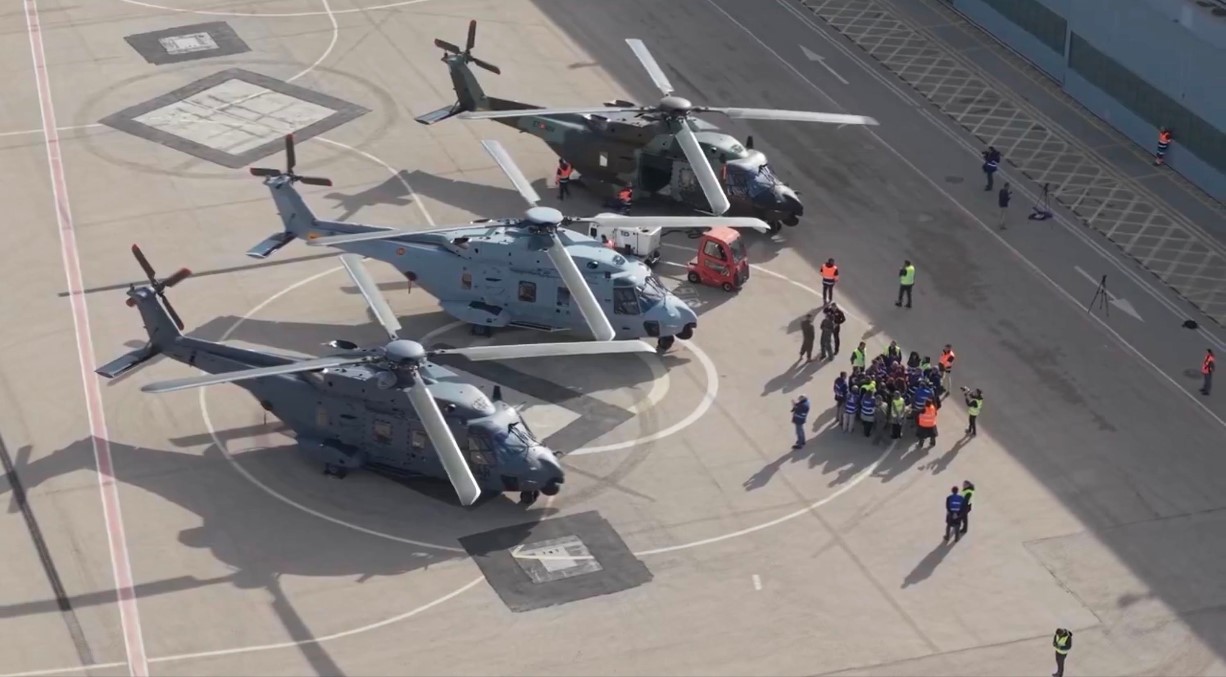Northrop Grumman and EpiSci Forge Collaboration for Advanced Autonomous Solutions

Defense News
U.S
In a strategic move aimed at bolstering defense capabilities, Northrop Grumman has announced a collaborative effort with EpiSci, a leading software company specializing in trusted autonomy and AI solutions. The partnership seeks to enhance autonomous tactical solutions crucial for the United States and its allies.
At the core of this collaboration is the integration of EpiSci’s TacticalAI software into Northrop Grumman’s aeronautics system architecture. This integration is poised to expedite the delivery of sophisticated autonomous solutions, leveraging Northrop Grumman’s extensive experience in autonomy technology.
Tom Pieronek, Northrop Grumman’s Chief Technology Officer for Aeronautics Systems, emphasized the importance of such collaborations in meeting the evolving needs of customers, particularly in defense. Pieronek highlighted that integrating third-party technologies like TacticalAI allows for greater adaptability of uncrewed aircraft systems, enabling them to effectively navigate dynamic mission requirements.
Dr. Dan Javorsek, EpiSci's Chief Technology Officer, expressed enthusiasm about the collaboration, emphasizing the potential to deliver enhanced autonomous solutions critical for mission success. By integrating TacticalAI into Northrop Grumman’s hardware and control systems, EpiSci aims to provide unmatched capabilities in areas such as human-machine teaming, cognitive sensing, and next-generation command and control systems.
EpiSci's TacticalAI technology is designed to advance mission-critical autonomy solutions, offering superior speed and performance. With a focus on operator-trusted autonomy, EpiSci aims to address the complex challenges faced by defense agencies and industry teams.
The collaboration between Northrop Grumman and EpiSci underscores the commitment to leveraging innovation to address emerging threats and ensure the security of nations and their allies. By combining expertise and resources, both companies are poised to make significant strides in advancing autonomous capabilities for defense applications.


